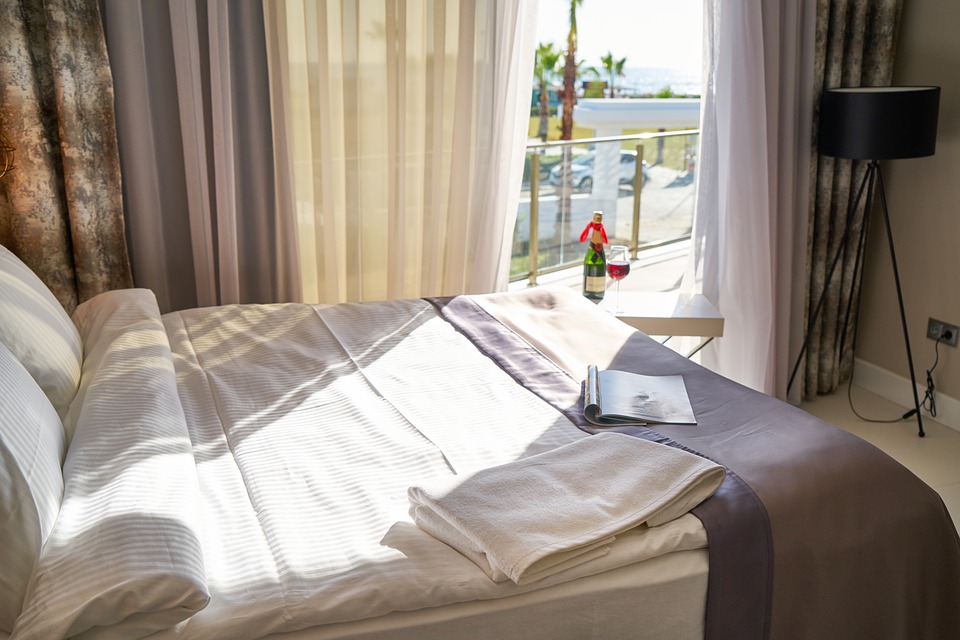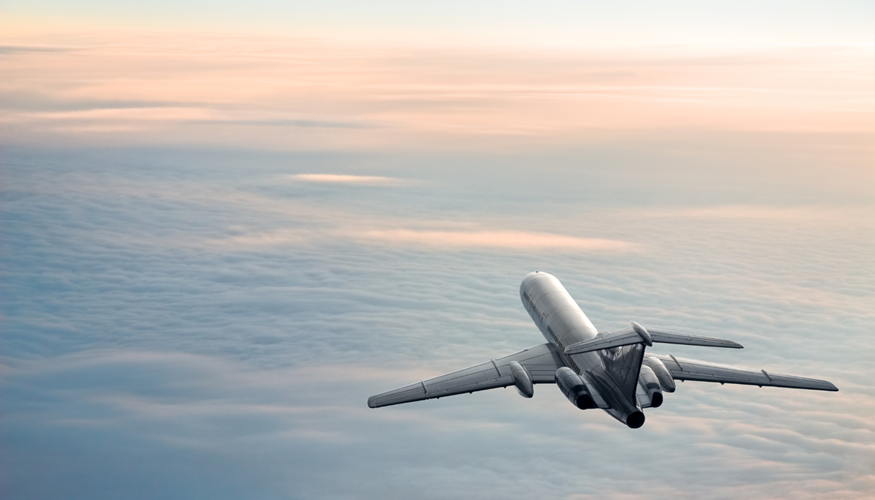El turismo de lujo está centrando sus esfuerzos en ofrecer experiencias memorables. Tradicionalmente el punto fuerte de este tipo de vacaciones era viajar en clase primera o business, el alojamiento con una envidiable ubicación y una serie de servicios exclusivos durante el viaje. Por el contrario, los huéspedes de hoy prefieren priorizar las experiencias, incluso si esto significa comprometer un poco el transporte o el alojamiento.
La percepción ha cambiado
El concepto de ostentación y riqueza está cambiando en el mundo, dentro de una sociedad mucho más humanista donde se buscan otros valores y preferencias. Además, el uso de la tecnología, el cambio en la forma de comunicarse y la ética y sostenibilidad del turismo están haciendo el resto. Hacer turismo de lujo como signo de estatus empieza a estar mal visto, y lo que se ha puesto de moda es vivir experiencias únicas que poder contar y ponerlas en boca de los demás, ya sea a través del canal tradicional de amigos y familiares, o de nuevos canales como Instagram, Facebook o Snapchat.
Los viajeros buscan y seguirán buscando un servicio impecable y refinado, que les mime y les haga sentir bien; sin embargo, hoy en día la clave de éxito es la personalización, materializada a través de pequeños detalles que los clientes aprecian y recuerdan. Este es el valor añadido que define al sector en la actualidad. En lo que respecta a destinos, los viajeros siguen buscando el camino fuera de lo común, optando por lugares remotos y exóticos donde mimetizarse y vivir como un nativo. El mundo es un lugar cada vez más accesible, por lo que estos destinos remotos son más «fáciles» de alcanzar, incluso si la finalidad es un breve descanso de pocos días. Este es el momento actual que vive el turismo de lujo, una modalidad que se apoya en estos 5 pilares que nos ayudan a entender como las experiencias se están imponiendo al estatus:
1. Agentes de viajes especializados que actúen de “influencers”
Los gustos y preferencias en el turismo de lujo han cambiado, pero también lo ha hecho el mercado haciéndose más amplia la oferta y la complejidad de la información disponible, la gran variedad de oferta y posibilidades requiere el asesoramiento único de los profesionales del sector. Esto ha revalorizado a los agentes de viajes, quiénes apoyados por la tecnología, con su conocimiento y especialización pueden ayudar a sus clientes a comprender qué experiencia será la adecuada para ellos.
2. Itinerarios personalizados basados en el análisis de los datos.
La creación de itinerarios basados en un profundo conocimiento de los clientes se revela como un pilar fundamental. Muchos operadores ofrecen viajes a medida, adaptados a toda clase de perfiles y con guías detalladas. Los turistas de lujo quieren conectar con la localidad a la que acuden, a través de vivencias adaptadas a sus necesidades. Estudiar los datos de los clientes se torna crítico para personalizar la oferta y fidelizar a un cliente cada vez más experto, más conectado y más exigente.
3. Del foco en el producto al foco en la experiencia.
El foco en el cliente debe ser imprescindible para todas las agencias de viaje, y pasar del concepto producto al concepto experiencia, recogiendo el feedback de los viajeros y trasladando el mismo a las mayoristas para que acuñen el concepto “just in time” y dejen de fabricar el producto para luego colocarlo a los clientes, que demandan viajes diferentes, flexibles y adaptados a sus requerimientos. También debido a las crecientes preocupaciones globales (aquellas referidas a la geopolítica y al cambio climático que está afectando a muchos entornos), los turistas están cambiando sus prioridades para incluir experiencias que se deben tener hoy, porque en un futuro próximo pueden no ser viables. Por lo tanto, el turismo de lujo debe conocer estas demandas y plantear una respuesta inmediata, ya que son viajes concebidos para realizarse una sola vez.
4. Impacto en redes sociales.
Las redes sociales tienen un peso importantísimo y los viajeros de lujo quieren obtener imágenes potentes para compartir con sus seguidores. Desean exhibir sus viajes exclusivos, mostrando que han tenido acceso a lugares poco habituales. Como resultado, los hoteles y restaurantes de alto standing, están creando hashtags propios para compartir y difundir esas imágenes, al tiempo que optimizan sus campañas de social media marketing para mejorar en visibilidad, prestigio y fidelización.
5. Sostenibilidad y naturaleza.
El mundo del lujo ha aumentado su interés por el ecoturismo, la sostenibilidad y las experiencias relacionadas con los lugares, sin deteriorarlos sino apoyando a su desarrollo. Algunos clientes solicitan visitas a protectoras y actividades destinadas a la observación de animales en plena naturaleza, o a poblaciones marginadas que poder ayudar a mejorar su calidad de vida. Otros, adicionalmente, prefieren interactuar directamente con ellos.
Para Ángel García Butragueño, Co-Director del Barómetro Turístico BRAINTRUST, “El turismo de lujo se basa cada vez más en elementos intangibles, más experienciales y emocionales. Por ello, las marcas del sector están potenciando mensajes que giran en torno a la comunidad, la diversidad y el logro personal. El cliente quiere pasar de comprar viajes a diseñar sus propios viajes.
Según José Manuel Brell, Co-Director del Barómetro Turístico BRAINTRUST, “El lujo de hoy está agregando la noción de desarrollo y transformación personal a su repertorio. Viajar es un conducto importante para lograr estas metas, y aquí reside el cambio de paradigma. La sociedad se ha hecho más humanista y no se busca el concepto del viaje sino de la experiencia”.
En BRAINTRUST podemos ayudarte a conocer mejor este nicho de mercado. Disponemos de los mejores medios para asesorarte en la configuración de propuestas de valor que optimizarán tu presencia como marca en los viajes del segmento Premium y/o Lifestyle.
¿Quieres obtener información detallada? Ponte en contacto con nosotros y solicita nuestro Barómetro Turístico, el soporte metodológico que determina la disposición del mercado a viajar, así como las tendencias que permiten a todos los proveedores de la industria de viajes identificar oportunidades de negocio y ajustar su oferta a las preferencias de los consumidores.






